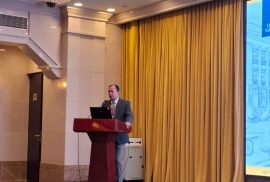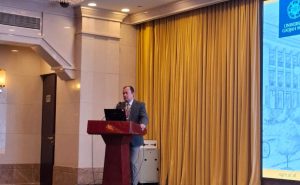9th International Symposium on Natural Hazard-Triggered Technological Accidents (NATECH) 2025, Tsinghua University, Beijing.
News Monday, 14 July 2025

9th International Symposium on Natural Hazard-Triggered Technological Accidents (NATECH) 2025, Tsinghua University, Beijing.
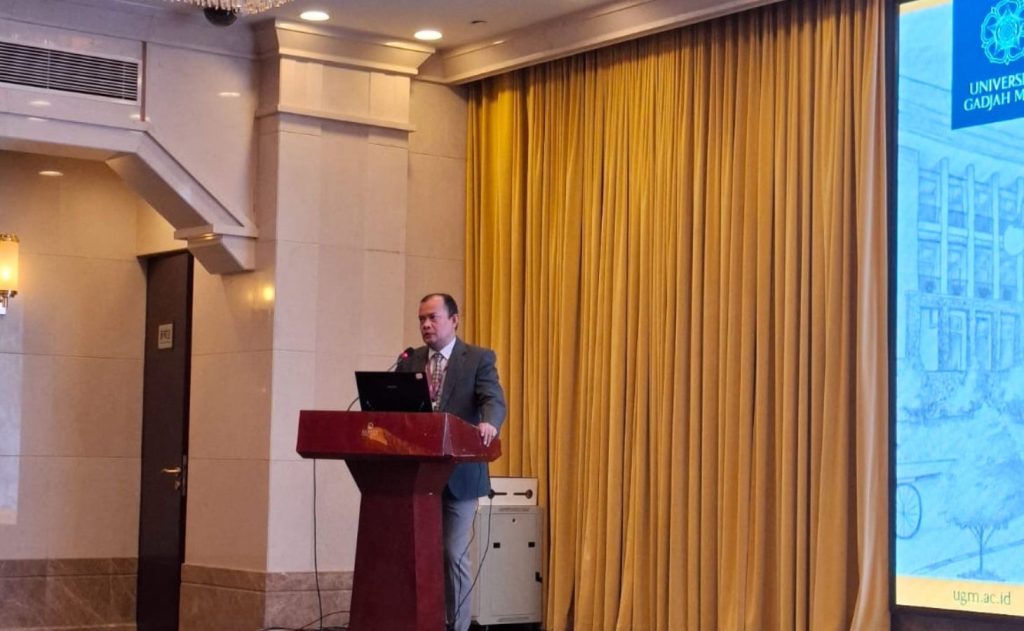
In recent years, the increasing impacts of climate change and rapid urbanization have added new layers of complexity to Natural Hazard-Triggered Technological Accidents (Natech) Risk in mega-cities. More and more population, information, and resources are gathered in mega-cities like Beijing, Tokyo, New York, Jakarta, Paris, and many more. As a typical complex system, in case of natural hazards, there may be more potential vulnerable targets and considerable potential for severe domino effects in mega-cities. Mega-cities are especially vulnerable to natural hazards and Natech accident impacts due to the presence and interdependence of residential, industrial, commercial, and public infrastructure and services.
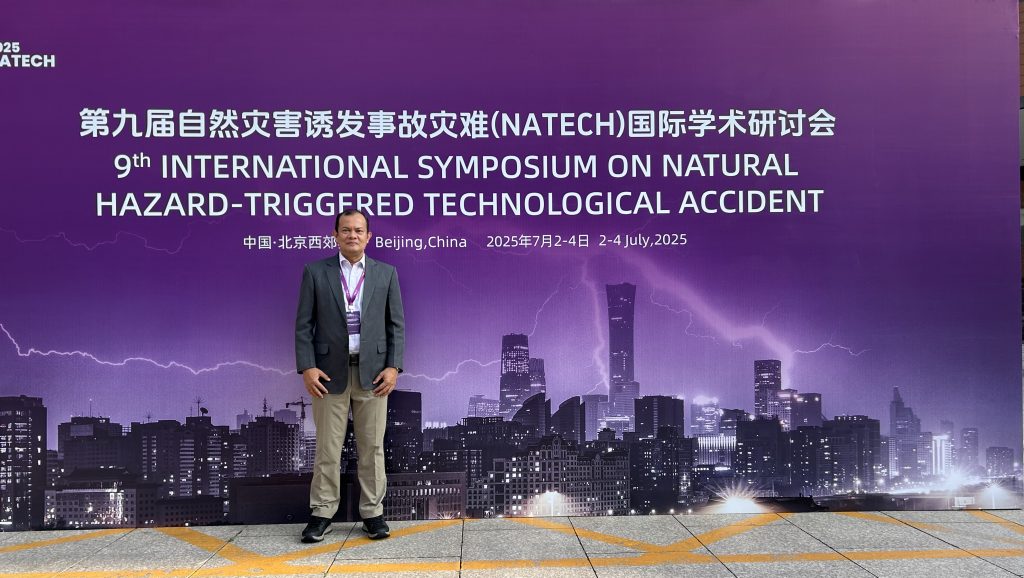
The 9th Natech Symposium conveyed in Beijing, China, on July 2nd-4th, 2025, hosted by the School of Safety Science (SSAFS) of Tsinghua University. The Natech symposium serves as a platform for the exchange of scientific and technical knowledge on Natech risk management in mega-cities, encouraging interdisciplinary collaboration by sharing novel theory, innovative methods, practical cases, optimal strategies, and international and regional standards from academics, industry, and practitioners.
Head of the Department of Civil and Environmental Engineering, Faculty of Engineering UGM, Prof. Teuku Faisal Fathani was invited as a keynote speaker in this symposium. He raised the theme Promoting the International Standards for Disaster Early Warning System for Tsunamis, Floods and Volcanic Eruptions. Indonesia has proposed the concept of a Community-based multi-disaster early warning system (EWS) as stated in ISO 22328-1:2020. Furthermore, the generic standard was further developed by issuing ISO 22328-2:2024 (Landslide EWS) and ISO 22328-3:2022 (Tsunami EWS). Currently, ISO Technical Committee (TC) 292, SC-1 is working on other Indonesian proposals in ISO 22328-4 (Flood EWS) and ISO 22328-5 (Volcanic Eruption EWS). An open invitation is addressed to all ISO members to submit EWS standards from other disasters so that the implementation of EWS throughout the world can be standardized and able to encourage increased awareness-preparedness-readiness from communities, authorities and parties in facing disasters.

